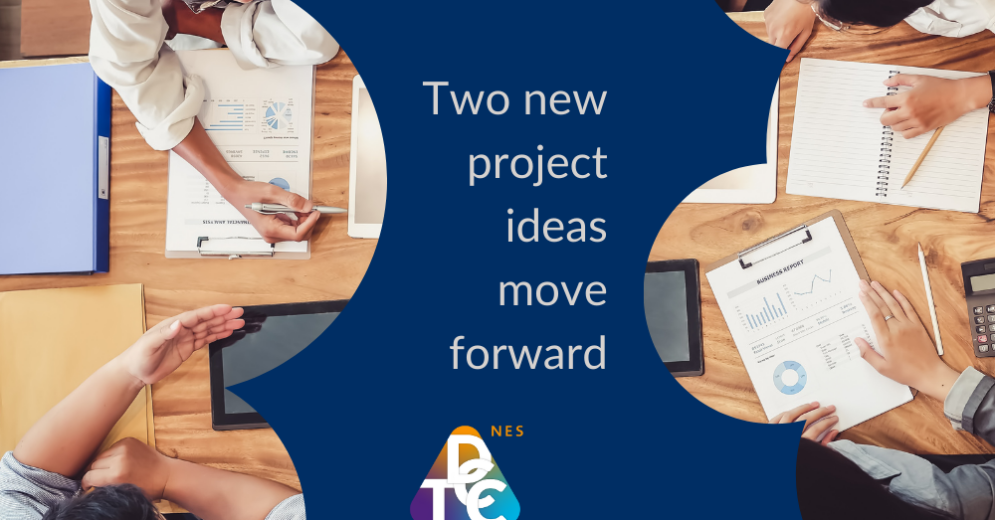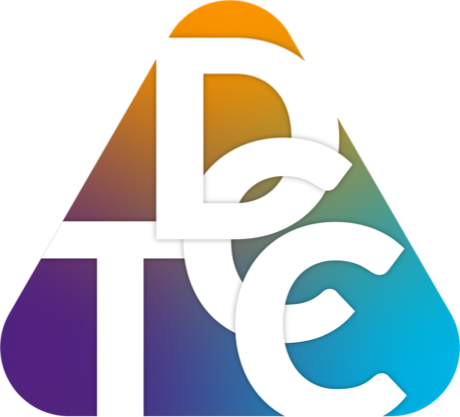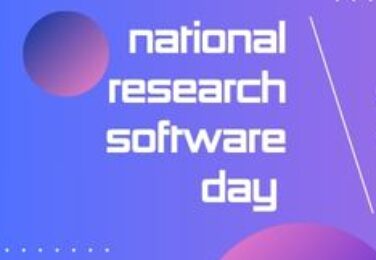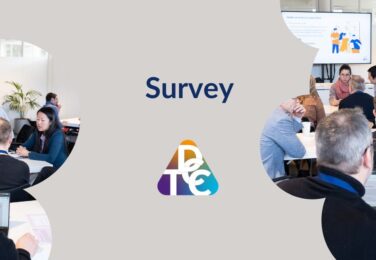
Results of 2nd submission cycle for TDCC-NES Challenge Project ideas
The 2nd submission cycle for project ideas for TDCC-NES Challenge Projects is completed. We received 8 submissions in total, 3 of which were resubmissions based on feedback from the previoius cycle. The TDCC-NES Governing Board (GB) has made consensus-based decisions that 2 exciting project ideas will move forward for development in the coming months. One of the projects will be funded under the Bottleneck Project strand. The public summary of the TDCC-NES GB meeting where the decisions were made is available here: meeting summary.
Read more about the two accepted project ideas below, and if you have a project idea of your own, there is still time to submit it to our 3rd submission cycle which closes on 15 September 2024 14:00 CEST.
A big thank you to all applicants!
Project ideas moving forward for development:
Funded under the Bottleneck Project strand
Data and computational skills are essential for conducting efficient, open, and reproducible research. There is a need to increase digital literacy amongst researchers, but too few instructors can teach these skills. The Carpentries is an international initiative dedicated to training foundational coding and data science skills, providing well-developed open-access materials and featuring a robust instructor certification program. The Carpentries network in The Netherlands trains and fosters an active community of instructors that promote the importance of software and data in research. We propose to address the shortage of instructors in the NES domain by training 50 new Carpentries instructors, irrespective of their institutional affiliation. With these instructors we will organize 4 workshops on NES domain specific content across the Netherlands, to increase digital skills of researchers and to connect people and new instructors in local hubs. We will team-up with local coding cafes (TDCC-NES Bottleneck project) to recruit instructors, offer a platform to practice their teaching skills and to build local training hubs.
Besides training capacity, there is in the NES domain also a need to develop new training materials on digital skills. We will collaborate with coding cafes to identify current bottlenecks and gaps in the digital skills training. We will have a call for a collaborative lesson development program and pitch this at the coding cafes. Three teams of 2-3 people can join the Carpentries collaborative lesson development training to develop their own open access and reproducible lesson materials. This is a new training and will be delivered as a collaboration between the Carpentries organization and the Netherlands eScience Center. Materials from the newly developed lessons can be trialed for example at the coding cafes for feedback and fine-tuning.
Together, this program addresses both the need for improvement of digital competencies within the domain and increases training capacity
Lead applicant: Reinder Radersma, NWO-I
Listed project partners: TU Delft, EUR, VU Amsterdam, UVA , Hogeschool van Amsterdam (HVA) , Tilburg University, Leiden University, Netherlands eScience Center
Geospatial machine learning (ML) models are widely used in scientific and (semi)operational settings by geoscientists, ecologists, agronomists, engineers, spatial planners, public health specialists, etc. These models and the methods to develop them are continuously evolving and changing rapidly, making it difficult to keep up with them. While some researchers and practitioners are proficient in the development, application and (re)use of ML models, others are lacking the basic knowledge required to harvest the benefits of geospatial ML models. Additionally, ML modelling remains an art and modelers do not always document their creative process. To address these problems, we propose creating a geospatial ML course that increases geospatial ML literacy as well as the (re)usability of geospatial ML models.
The geospatial ML course would not only provide researchers with foundational knowledge and skills, but also with the opportunity to stay updated with the latest advancements. Although generic ML courses exist, using ML with geospatial data is different from other domains, as the spatial aspect introduces domain specific challenges (e.g., ways to deal with spatial autocorrelation). Moreover, the variability, volume and dimensionality of geospatial data often brings data integration and processing challenges. Next to this, modelers often look for geographical and physical consistency whereas this is not automatically guaranteed by ML algorithms. Additional challenges include the selection of methods to properly evaluate geospatial ML models, the delineation of their domain of applicability so that they (re)used in a responsible manner and the identification of suitable ways to combine geospatial ML and legacy (mechanistic, mathematical, process-based) models. In short, the proposed course will provide valuable insights into the development and application of ML concepts, while addressing the unique requirements of geospatial data.
Finally, we highlight three hallmarks of the proposed course: 1/ we will develop it using open-source tools and solutions. This will help to scale up our work, allowing (sub)disciplines to reuse, expand and modify our materials; 2/ we will explore and test ways to ensure model FAIRness and reproducibility by adopting and adapting open-source (MLOps) tools and solutions. This will lead to more transparent and (re)usable models that can better support policy/decision making, and 3/ we will involve the research community from the beginning of lesson and educational material development, to adapt the material to their use cases, and to continually gather their feedback.
Lead applicant: Raul Zurita-Milla, University of Twente & Claire Donnelly, NLeSC
Listed project partners: WUR, VU Amsterdam, TU Delft, LTER-LIFE, SENSE / WIMEK, OSCNL, NLRN
For more details about the current call for proposals and our Challenge Projects visit the dedicated pages:



